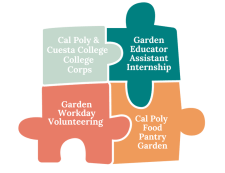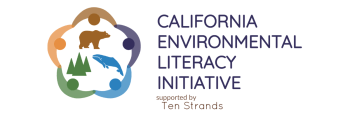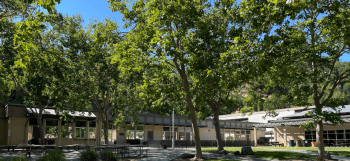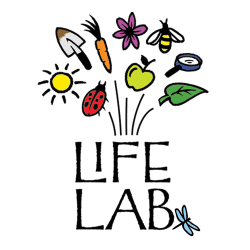
Green Guardians’ Lesson Series Summer Pilot
Our lesson series are designed to provide teachers with the confidence and resources to advance environmental literacy in their classrooms. This summer, we invite 3rd–5th grade teachers to pilot one or more of our lesson series.


























































